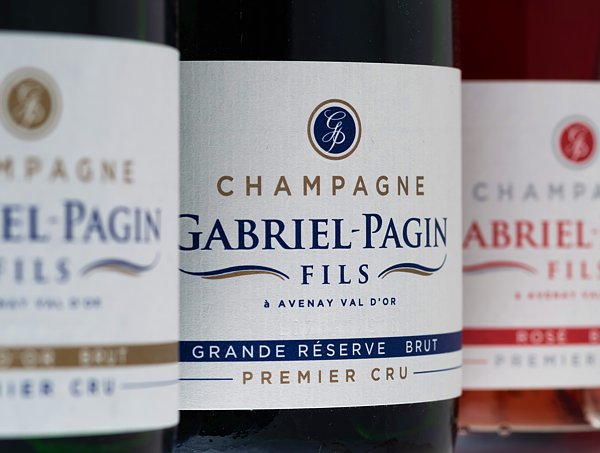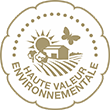Our values
Producing quality, healthy grapes, while limiting our impact on the environment and keeping aside the idea of productivity.
Respecting vineyards and the environment
Vineyard protection
We give priority to working the land under the vine rows and around the vine stocks: this method is an alternative to using herbicides. This helps maintain and develop the microbial life of the soil.
Treatments are used on a case-by-case basis and at a very low dose: only after precise observation by a technician and as a complement to every possible effort to reinforce the natural resistance of our vines to diseases.


Maintaining the soil
Our objective is to favour deep rooting of the vines in order to allow the complexity of our terroir to be expressed in the coming grapes. In order to do so, we use organic amendments authorised by organic agriculture regulations and we plough the land.
Laying the turn strips to grass as well as maintaining the low walls are some of our actions helping preserve and enhance the terroir, biodiversity and landscapes.
Traditional pressing
Once fully ripe, the grapes are hand-harvested only, so as to keep the bunches whole before pressing, which is performed immediately after the harvest, and locally - on the estate, in our 4,000kg traditional press.
Moreover, in order to preserve the typicity of each terroir, the grapes are delicately pressed growth after growth and one grape variety at a time.
Once transferred to the fermentation cellar, the juices are identified individually so as to retain the traceability for each parcel of land.

Natural vinification

We made the choice to carry out a process of alcoholic fermentation which should be as natural as possible, with minimal intervention and without adding any commercial yeast.
This stage therefore requires high-level skills and daily vigilance so as to succeed in transforming grape juice into wine.
After the yeasts have transformed grape sugar into alcohol, the wines are aged in vats as well as in casks and barrels. They are aged on their lees for 6 to 8 months.
This aging period gives more roundness and aromatic complexity to the champagne in the making.
Ancestral know-how
Natural clarification
Because we wanted to clarify the wine while preserving its organoleptic characteristics, we chose to replace filtration by a natural clarification technique, frequently used in organic agriculture.
This very ancient method allows the flocculation and sedimentation of suspended solids present in wine within 20 to 30 days. The result is known as "clear wine", ready for the blending phase.
The art of blending
Since time immemorial, the winegrowers of Champagne have been blending wines before bottling, like Dom Pérignon himself, who already mixed grapes. Blending makes it possible to harmonise wines through a subtle combination:
- current wine and reserve wine (except for vintage wines),
- grape varieties,
- different growths.
This delicate operation is very important and requires all of Pascal Gabriel's and his son Aurélien's skills. The objective is to perpetuate, year after year, the constancy, the authenticity and the typicity of the champagnes.


Long riddling
After the blend, the various wines are bottled. They receive here a dose of "liqueur de tirage" consisting of yeast and sugar helping bottle fermentation - this is the sparkling process, when the wines become Champagne.
Then follows a long period of riddling for three years in our cellars, at constant temperature, away from daylight.
During this long period of ageing on lees, our champagnes develop their aromas and unique character.
They are later stirred on gyropalettes, for top clarity before disgorging, during which the sediment formed by the yeast during bottle fermentation is eliminated.
Dressing
After another six months spent in the cellar, which is the time they need to acquire perfect homogeneity, the bottles are dressed with their capsule and label. They are ready to be enjoyed.



